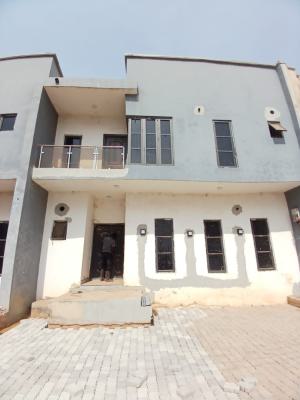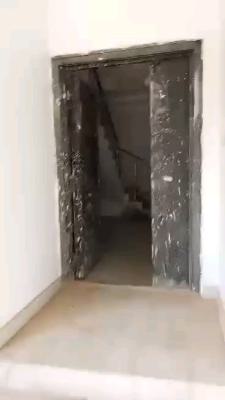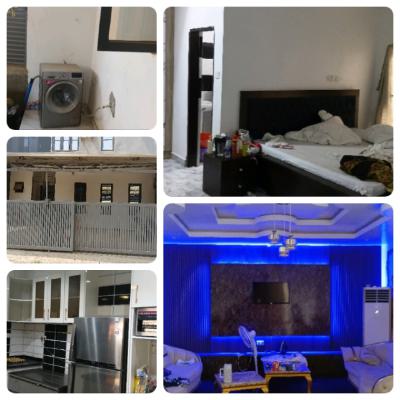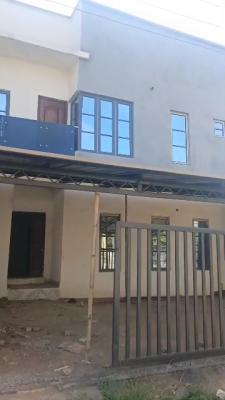Terraced Duplexes for Rent in Dakwo, Abuja
Quick Filters
Bedrooms Subtypes Areas Areas
4
What is the average price of terraced duplexes for rent in Dakwo, Abuja?
The average price of terraced duplexes for rent in Dakwo, Abuja is ₦6,500,000 per annum.
What is the price of the most expensive terraced duplexes for rent in Dakwo, Abuja?
The price of the most expensive terraced duplexes for rent in Dakwo, Abuja is ₦8,500,000 per annum.
What is the price of the cheapest terraced duplexes for rent in Dakwo, Abuja?
The price of the cheapest terraced duplexes for rent in Dakwo, Abuja is ₦6,000,000 per annum.
How many terraced duplexes for rent in Dakwo, Abuja are available?
There are 4 available terraced duplexes for rent in Dakwo, Abuja.
You can view and filter the list of property by price, furnishing and recency.




